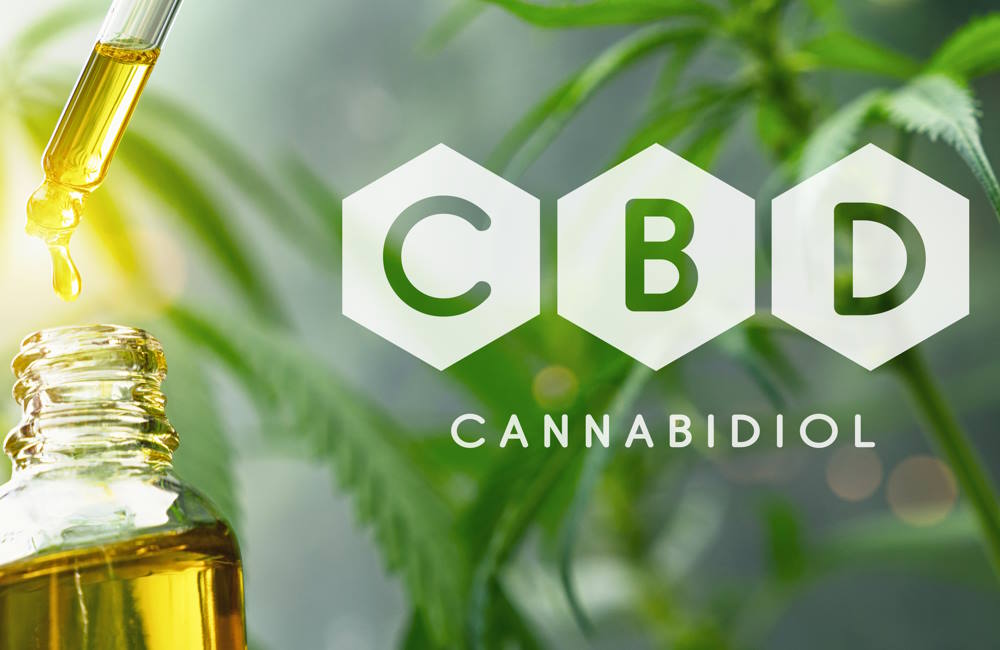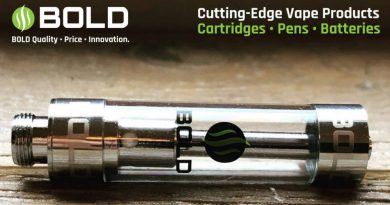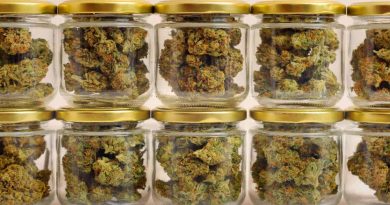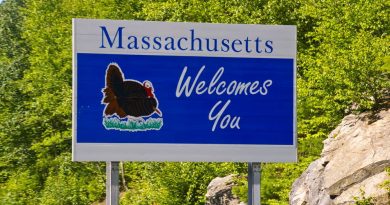Is CBD the Same as Cannabis?
For the cannabis curious using cannabis for the first time, the different abbreviations surrounding use of cannabis products might cause some confusion. One of the most frequently asked questions is whether CBD is the same as cannabis.
It’s a helpful thing to know, especially when it comes to knowing what people typically refer to when they use the terms cannabis, CBD and THC. An informed consumer can avoid making “rookie mistakes.” The following helps clarity the use of these terms.
How Is CBD Different Than Cannabis?
Although CBD, or cannabidiol, is a naturally occurring chemical ingredient found in the cannabis plant, it is not the same thing as cannabis.
Cannabis refers to a plant genus that includes various species, such as cannabis sativa and cannabis indica. These plants contain different amounts of cannabinoids, including THC and CBD.
Even though it is one of the many cannabinoids found in the cannabis plant, CBD does not produce the psychoactive effects associated with THC. CBD products are derived from hemp, a variety of the cannabis plant that contains low levels of THC.
Hemp-derived CBD products have been legal in the United States since the U.S. Congress approved them in the 2018 Farm Bill.
You can find CBD in a wide variety of products, including oils, capsules, topical creams and tinctures. CBD is associated with a variety of health and wellness benefits, including anxiety relief, a reduction in inflammation, the ability to recover faster after workouts and a better sense of well-being.
Most People Think of THC When They Say Cannabis
Dispensary workers and others in the cannabis industry rarely if ever refer to CBD as cannabis, even if it comes from the cannabis plant. That practice can seem confusing to the cannabis curious. However, they do this because the term “cannabis” – just like the terms “marijuana,” “pot” or “weed” – is typically associated with THC (tetrahydrocannabinol).
THC is the primary psychoactive component of cannabis, responsible for the “high” feeling associated with cannabis use. THC works by binding to cannabinoid receptors in the brain, producing a range of effects including altered perception, mood and appetite.
CBD does not produce the same psychoactive effects as THC and is instead known for its potential therapeutic benefits. Another difference is that CBD does not bind directly to cannabinoid receptors like THC, but it does interact with other receptors in the body, such as serotonin receptors, to produce its effects.
Of course, one of the biggest differences between CBD and THC is that CBD is legal across the country and cannabis with THC is illegal at the federal level. For the cannabis curious, CBD products provide a safe and legal way to enjoy the wellness benefits of the cannabis plant.




